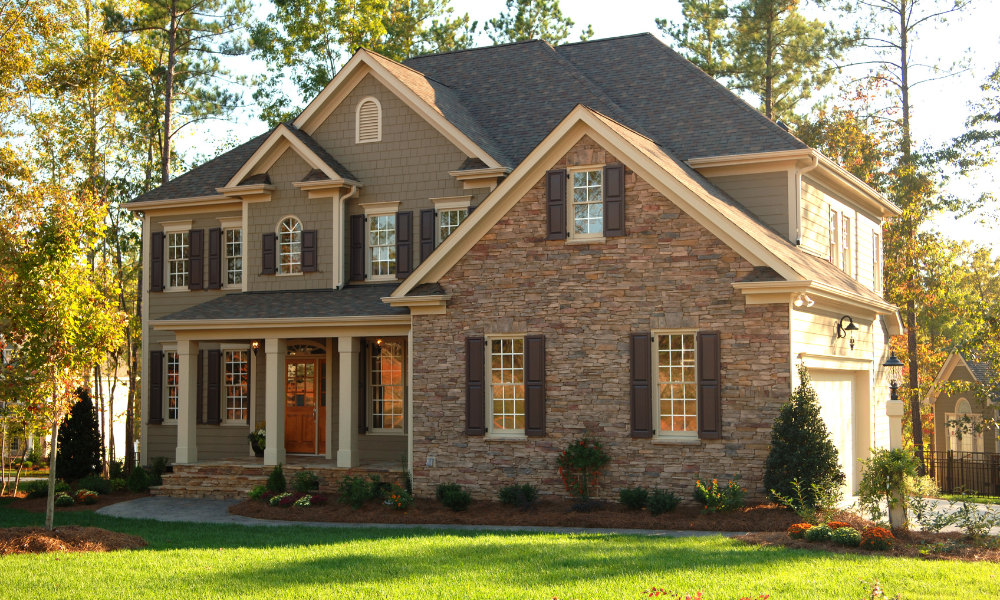Search Blog Posts by Blog Topic
Advice for First-Time Fix and Flippers
December 2, 2024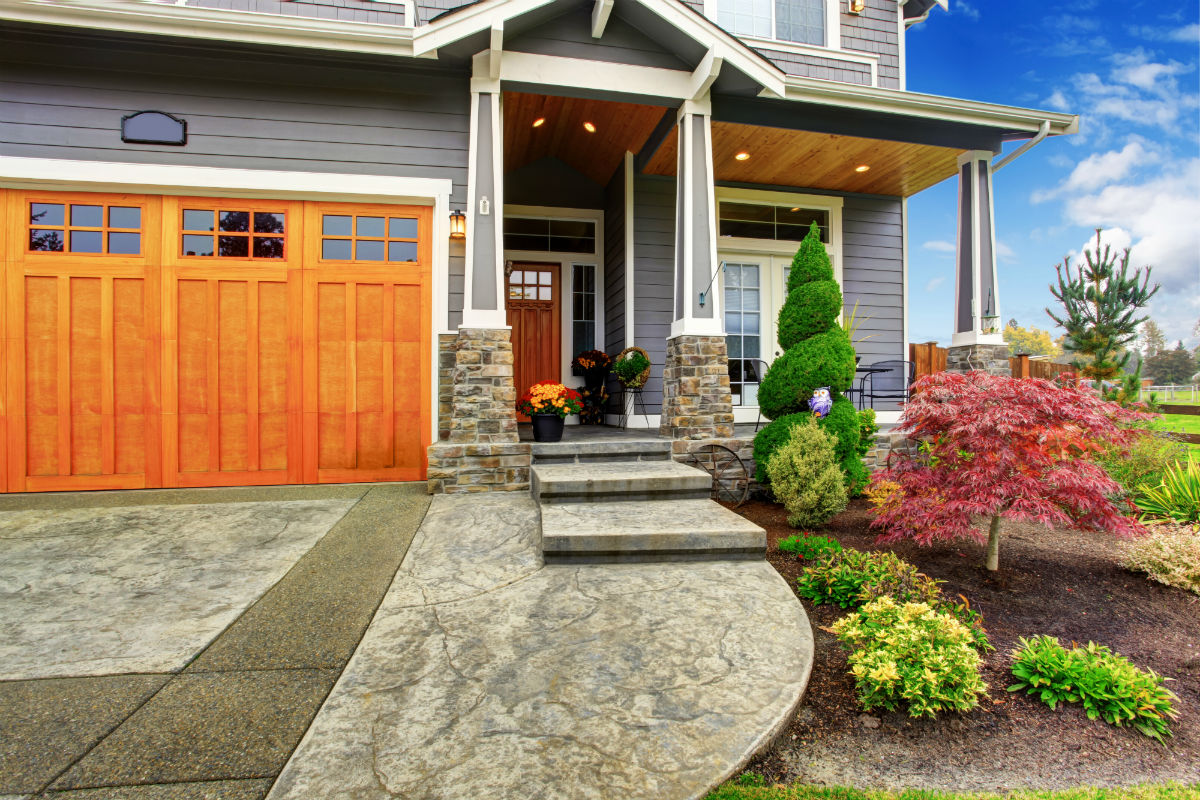
House flipping is when someone buys a house, typically at an auction, intending to fix it and sell it at a profit somewhere down the road. While you can make a tidy sum by doing this, a bad decision may lead to unrecoverable losses. As a result, first-time flippers must know how the process works before jumping on this bandwagon.
According to data released by ATTOM Data Solutions, house flippers in the United States flipped 79,540 single-family homes and condominiums in the second quarter of 2024, generating an average gross profit of around $73,500 per home. A fairly steady upward trend has been in place since 2011.
How Do I Start Fixing and Flipping?
If you’re wondering how to flip a house for the first time, you need to pay attention to three crucial aspects. These include comparables, numbers, and speed. Do you need a license to flip houses? The answer is no.
Comparables
Taking a close look at the prices of recently sold comparable homes in the area is important when arriving at a suitable selling price. While there could be a wide range of comparables, you might be better off looking at the lower end of the spectrum. This is because when you budget for the lower side of selling prices, you get more leeway in budgeting for renovations.
It’s important to determine how much time homes tend to remain unsold in any given area. You also need to find out if flipping houses for profit in the area is possible in the first place.
Looking to Purchase a Home on Long IslandContact Us
Numbers
You need to create a detailed renovation budget and add at least a few thousand dollars more to cover unexpected expenses. Your house-flipping business plan should also account for maintenance, closing costs, property tax, property insurance, interest, and agent commission. In some cases, the added costs exceed the actual cost of renovation.
Speed
The job schedule of a renovation determines just how quickly you may get a house back on the market. It makes sense to keep a backup list of contractors, in case the one you hire decides not to show up. Keep in mind that even slight delays in getting houses on the market can lead to significant losses.
What First-Time Flippers Can Do
Just about everyone who offers advice for first-time flippers stresses the importance of getting as much information about the process as possible. While online research is valuable, it might also be worth your while to learn from people who have already mastered the craft.
Real estate events give you a great opportunity to see how other people have gone about their home-flipping businesses. Seminars give you easy access to hands-on training as well as a variety of resources. You also need to develop and polish various skills needed to flip houses.
Polish Your Communication Skills
You will need to interact with people at every stage of the fixing and flipping process, which means you need to develop great communication skills. You need to be respectful toward everyone you interact with, be it sellers, property managers, loan officers, contractors, or construction workers. A friendly and positive approach can make all the difference between a successful fix and flip and one that is not.
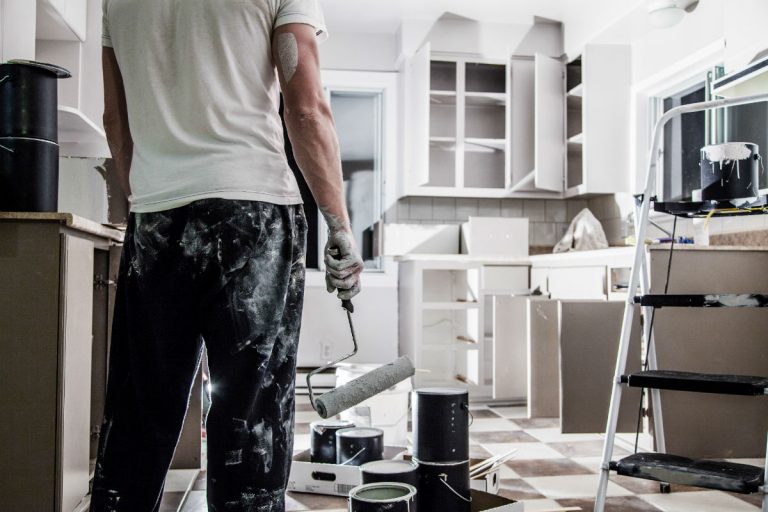 Get Organized
Get Organized
If you hope to find success as a fix and flipper, take time to improve your management skills. Try to make your day as productive as possible, even it if means carrying out online research while watching a game on TV. Create a schedule that includes tasks you need to complete every day, as well as throughout the week. Once you create and stick to a schedule, working on increasing your return on investment (ROI) becomes simpler.
Know Your Finances
Ensure that you have enough money to take you through the carrying costs for the entire duration of your being a homeowner. Arrive at a drop-dead rate at which you need to sell the house, and work on creating a realistic deadline surrounding the completion of all work. Taking longer than previously planned might eat into your profits. Also, if you don’t have enough money at hand, hanging on to the house for longer than expected can make matters worse.
The costs you need to account for include:
- Down payment of around 20% to 45% of the home’s selling price.
- Holding costs such as HOA fees and insurance payments.
- Renovation costs.
- Closing and realtor costs.
When borrowing money to buy and renovate a home, there are multiple options from which to choose. First-time fix and flip loans can come in the form of:
- Loans for investment properties
- Home renovation financing
- Lines of credit or home equity loans
- Personal loans
- Business lines of credit
- 401 (K) financing
- Seller financing
- Hard money loans
- Loans from family members or friends
Learn About the Area
Take adequate time to learn about the neighborhood and its vicinity. Find out if there are good schools and hospitals in the area, as these are right up there when it comes to what buyers are after. Think twice about buying in areas that have upcoming industrial parks or highways, as these might affect home prices adversely. No matter how much time and effort you put into a fix and flip, selecting the wrong neighborhood might lead to disappointment and losses.
Looking to Purchase a Home on Long IslandContact Us
Find Motivated Sellers
If you’re thinking about making money by flipping and fixing a house, focus on finding short sales or foreclosures. These present great opportunities when buying a home for cash, and this keeps you away from the open market. Motivated sellers can also come in the form of owners of dilapidated homes, couples who are getting divorced, and families looking for larger homes. If you manage to find a motivated seller, you get to close on your investment quickly and minimize your initial expenses.
Determine Your Renovation Goals
Not doing enough to fix a house before you put it on the market might be just as bad as doing too much. Cutting corners when renovating a home is not the way to go because potential buyers can see through your efforts. In such a scenario, expecting someone to pay the market price would be foolhardy. Going overboard with your improvements, on the other hand, can cut into your profits. As a result, you need to determine just what’s required as well as what’s not.
Don’t forget to take care of easy fixes such as changing worn-out switchboards or light fixtures. Make sure you do away with any big-ticket plans you might have.
Pay Attention to Curb Appeal
When it comes to selling a home, first impressions matter. What potential buyers see at the curb can work in making or breaking a deal. The home you wish to sell should look good at first glance. Make sure the landscape looks appealing and not unkempt. Invest in a paint job and get new curtains or blinds.
Data suggests that curb appeal can add up to 10% to your home’s after-repair value (ARV). You don’t need to build a gazebo or install a fountain as these expenses may eat into your profit, and probably limit your audience. What you need, on the other hand, is a cleanup and a well-maintained garden.
Know What Buyers Want
Sure, fixing and flipping a home allows you to get your creative juices flowing. However, you must not let your whims and fancies get in the way of creating a home that finds appeal with potential buyers. If you follow a very specific design and want to make the home trendy, you might limit the number of people interested in the property. This is because most buyers want to do up their homes in their own way. The best way forward is to play safe and try to create a home that is as neutral as possible.
Learn About Taxes and Fees
Depending on the location of the house you wish to fix and flip, property taxes can be a major burden or a minor inconvenience. If the property tax is very high, it might serve as a deterrent for potential buyers. Besides, you will need to keep paying the property tax for as long as the house does not sell. How much you might need to pay as homeowners association fees also requires your attention, because this may put a dent in your budget.
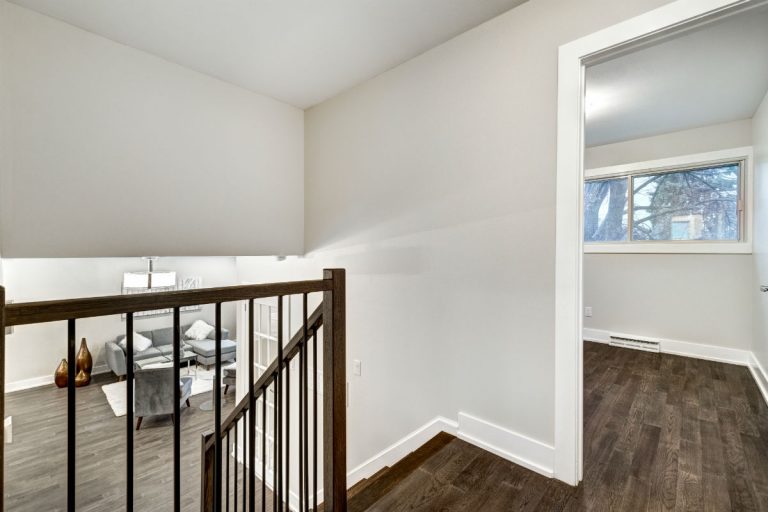 Use Professional Help
Use Professional Help
Before buying your first flip house, get a professional home inspector to give you a clear picture of what you might be up against. While this requires that you spend some money, it’s better than getting nasty surprises down the road. When fixing a house, don’t attempt to carry out tasks that are beyond your expertise. Remember that errors in plumbing and electrical work can lead to major damage. Installing new flooring is also best left to the experts.
Mistakes Fix and Flippers Need to Avoid
Not all people who attempt to fix and flip homes for profit find success. This is because they tend to make mistakes along the way. To maximize the possibility of succeeding, you need to steer clear of certain mistakes, which include ones you might make when buying a home.
Overlooking the Neighbors
Fix and flippers usually like buying homes that are not much to look at, and more importantly, ones that sell underpriced. However, are other homes in the vicinity also in similar condition? If so, the other homes will probably remain the same, even when your house is all spruced up and ready to be sold. From a buyer’s perspective, other eyesores in the neighborhood can make your house less desirable.
Ignoring the Bathroom
A shabby-looking, leaky, or damp bathroom is almost certainly a deal-breaker. If you can budget your way to give the bathroom a makeover, it might be well worth the effort and money. Several real estate experts suggest that kitchen and bathroom renovations provide similar ROIs.
Forgetting Building Permits
Even the slightest of unlicensed construction may lead to unwelcome consequences. If a potential buyer or a buyer’s lender discovers permit problems late in the sales process, you might have to face legal challenges. Before working on any aspect related to a home’s structure, as well as its electrical, gas, or plumbing system, make sure you get approval from the relevant local body.
Now Working With a Real Estate Pro
The internet serves as a treasure trove of resources, but you need to get some real-world exposure as well. Local real estate agents can provide help in various ways, from looking for suitable homes to determining a home’s ARV to putting it back on the market.
Staging on Your Own
As a first-time flipper, it makes sense to use the services of a home stager to prep a home for its open house. Follow what the stager does to increase the appeal of the house and present it in the best possible way. You can use this information to good effect in your subsequent efforts.
Setting Unrealistic Deadlines
There’s no point in giving more priority to speed instead of doing a good job. Potential buyers, and the inspectors they bring with them, can easily tell the difference between a job well done and one that simply tries to cut corners. Making a couple of extra mortgage payments might be a better idea than trying to rush through renovations, especially when they don’t account for much.
Looking to Purchase a Home on Long IslandContact Us
Taking on Multiple Projects
The last thing you need on your plate as a first-time flipper is too much. The only way to make sure you do a great job is to give your first project your undivided attention. Remember that while you might be able to delegate much of what needs to be done, your continued presence at the site is crucial if you want things to go exactly as planned.
Conclusion
Now that you know how to flip a house for the first time and plan to move forward with the process, contact a mortgage provider to determine how much you can borrow. This gives you a clear picture of the kind of homes you can afford, while also taking into account money you might need to spend on the renovation.
Once you fix and flip a house, keep in mind that the market will dictate its selling price. If you end up overpricing the home, buyers’ agents will tell their clients that, and your home will remain unsold. As a result, spend no more than you need to make the house look and feel presentable.
Disclaimer:
30-Year Fixed-Rate Mortgage: The payment on a $200,000 30-year Fixed-Rate Loan at 3.875% and 80% loan-to-value (LTV) is $940.14 with 0 % points due at closing. The Annual Percentage Rate (APR) is 4.026%. Payment does not include taxes and insurance premiums. The actual payment amount will be greater. Some state and county maximum loan amount restrictions may apply.
Ready To Get Started?
Fill out the form below and a mortgage professional will get back to you shortly.
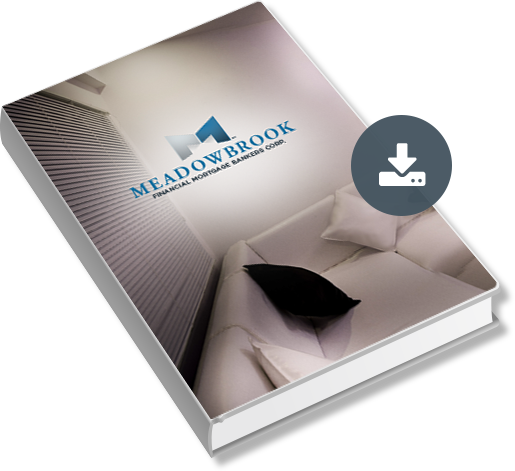
First Time Homebuyer’s Guide
Considering homeownership but not sure where to begin? The Meadowbrook Financial Mortgage Bankers Corp. guide to home buying will make the process easy all in one packet.
Recent Articles
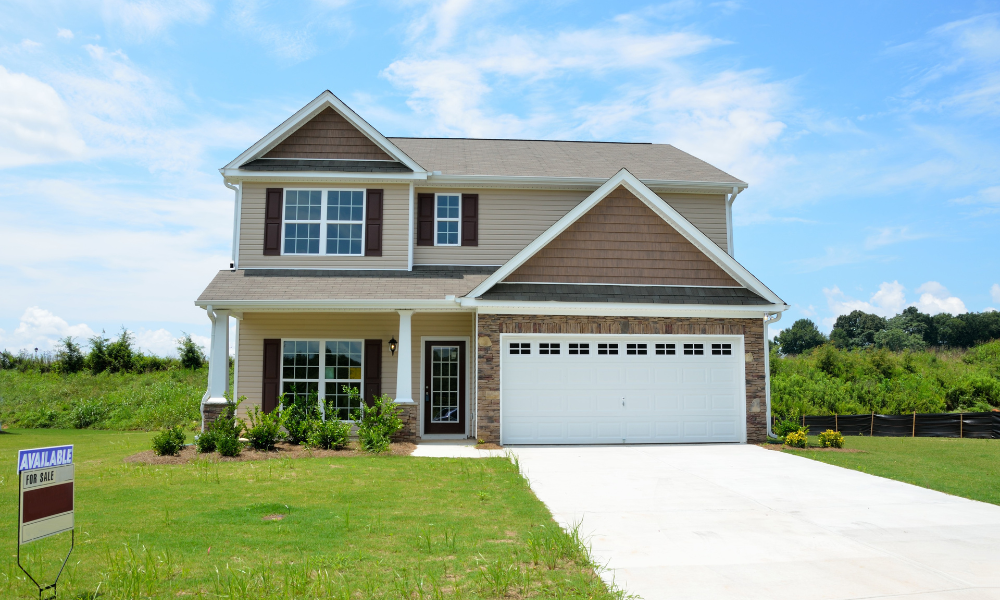
Should You Buy an Under-Construction, New Build, or…
18 June, 2025The dream of owning a home often comes with having to make an array of decisions, and perhaps none is more crucial than choosing the…

How Do Pets Influence Homebuying?
1 May, 2025Adding a furry friend to your family can bring so much joy to your life. Whether it’s a dog, cat, bunny, or other, they’re sure…
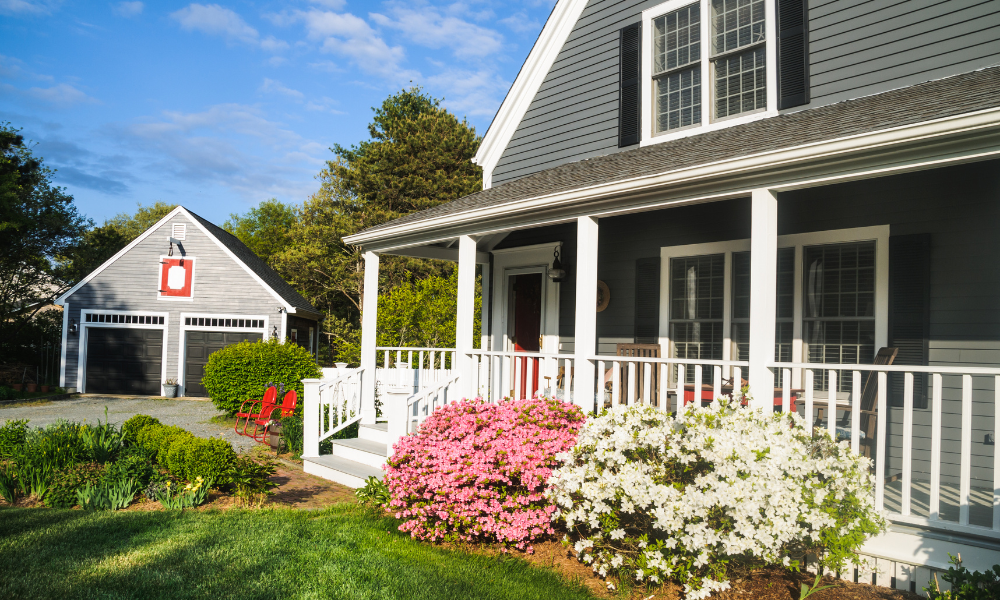
Tips to Speed Up Closing on a House
1 April, 2025When you find your dream home, you want your next chapter to begin as soon as possible! Closing on a house is certainly a process…


